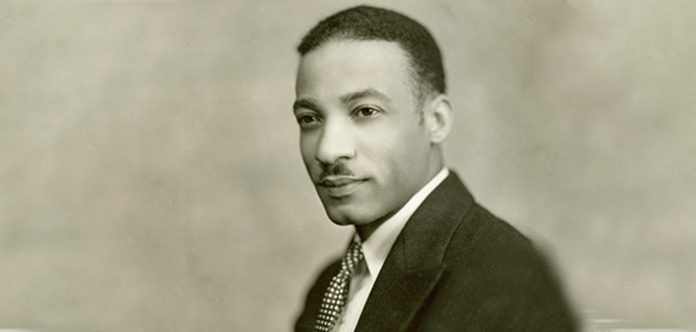
William Dawson was a prominent composer in the African-American community. He was known for creating staples within the genre of Negro Spiritual such as; Mary Had a Baby, There’s a Balm in Gilead, and Soon I Will Be Done. All these songs to his name, Dawson introduced negro-spirituals to white audiences across America.
Dawson was born in Anniston, Alabama in 1912. In his youth, he ran away from home to study music at the Tuskegee Institute (Tuskegee University there, he was under the tutelage of Booker T. Washington. He would also demonstrate his musical capabilities as he would participate in Tuskegee’s choir, band, and orchestra. He would later go on to study at Homer Institute of Fine Arts and Chicago Musical College. After his studying, he went on to return to Tuskegee as a tenured professor, where he developed the school’s choir to a renowned ensemble known internationally.
He started his work in Negro Spirituals on November 30, 1934, specifically with a performance at Carnegie Hall by the Philadelphia Orchestra. The performance contained pieces from Dawson’s Negro Folk Symphony which received a standing ovation and Dawson himself had to come out multiple times to bow. A New York critic was stated as calling it, “the most distinctive and promising American symphonic proclamation which so far has been achieved.” This performance and statement showed how Dawson introduced a whole different genre to a, assumed, white audience. This introduction also gave a statement, since Negro spirituals have the message of the sufferings of slavery, Dawson could have been educating the audience and performers of the horrors of slavery.

Following the success of the performance at Carnegie Hall, Dawson created more pieces. Though, it has been noted by NPR that, “after 18 months, the symphony inexplicably dropped off the radar and Dawson never wrote another.” Dawson would go on in the future to speak on his Negro Folk Symphony: II. The NPR article speaking on the piece quoted Dawson in a past interview, “Dawson said he wasn’t out to imitate Beethoven or Brahms, but he wanted those who heard it to know that it was ‘unmistakably not the work of a white man’ He found inspiration for the piece in traditional spiritual, which he preferred to call ‘Negro-folk music’.” This quote indicates that Dawson may have coined the term “Negro Spiritual” or “Negro Folk” he took the traditional songs within the African-American community and created them for choirs. This also showed that Negro-spirituals are different than the traditional white music, that they were specifically created to show the difference.
William L. Dawson was an exceptionally talented musician and composer, he brought the Negro spiritual genre to the forefront and created classic pieces we hear in African-American concert performances. Dawson was one of the many negro-spiritual composers that brought traditional African-American pieces that spoke on the horrific experiences of slavery to white audiences. William L. Dawson truly did help pioneer the negro-spiritual genre to the white population.


